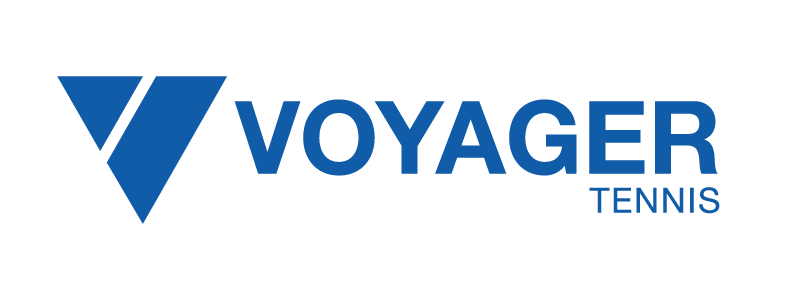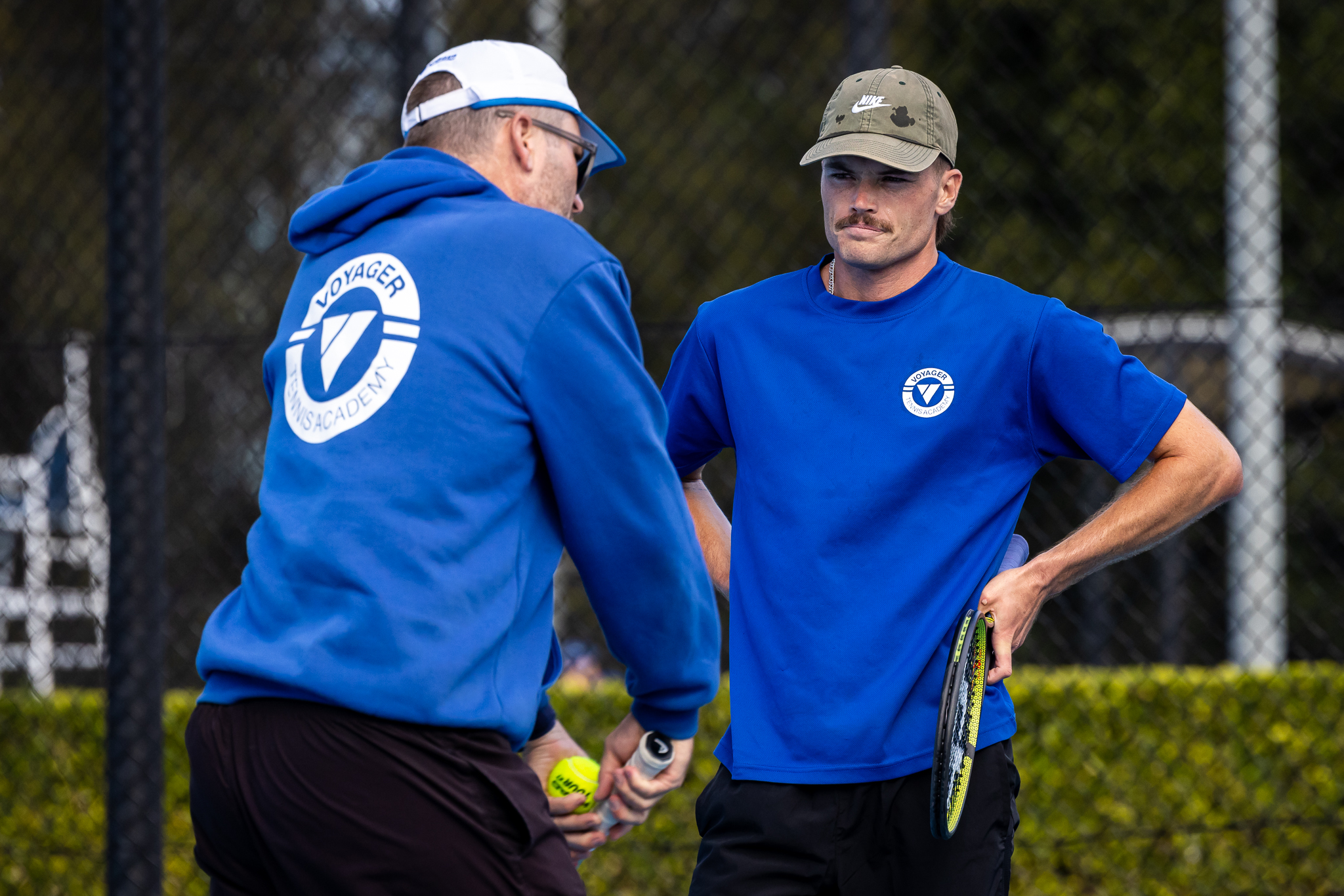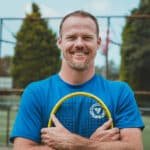
Many parents without a professional tennis background struggle with understanding all the requirements to help their child become a successful player, so it’s important to have a support structure in place to guide you through these areas. An effective high-performance coach can play a huge role in helping you put the critical elements together. The private coach will develop a player’s technical fundamentals at an early age, constantly prioritising the most important areas for the player to work on over each stage of their development.
Beside the technical component, parents often rely on a mentor who has the skills and experience to guide them and their child through the many other facets of the game including tournament scheduling and match play recommendations, structuring an on court and physical training plan, goal setting and measuring progress, developing an appropriate game style for your child that aligns with their physical and mental characteristics, reading the play and opponents strengths and weaknesses, in between point routines and several other aspects that we have covered in past blogs.
The private coach should also have the ability to outsource and refer players to specialists for:
- Physical development
- Psychology
- Nutrition
- US college guidance and placement (for high-school students in Year 9 and above)
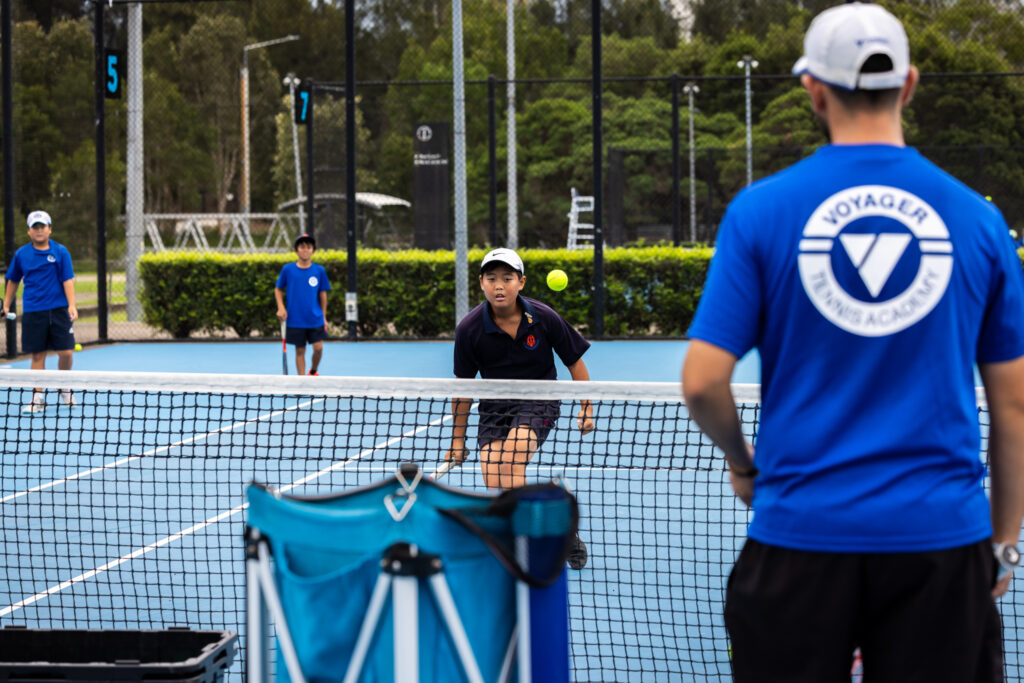
How to choose a private coach
In almost every major city, there is an abundance of tennis coaches available to take on new clients. The biggest challenge is finding one who is suitable and effective at working with elite players.
These are the things to consider when you’re choosing a high performance coach with regard to their skills and experience:
- Are they qualified?
- Have they undergone all the relevant checks for working with children?
- Do they specialise in working with elite tennis players?
- Do they have a strong background as a player, ideally a former nationally ranked junior who reached a US college or European club tennis standard or higher? There are always exceptions to the rule, but in the majority of cases, it’s usually better to work with somebody who’s been there before.
The coach you choose will be an important role model for your child and you may also want to ask yourself some of the following questions to explore the coaches personal qualities and teaching style:
- Are they reliable?
- Do they have good communication skills and are they easy to build a rapport with?
- Do they have the best interests of the student at heart?
- Do they customise training to suit the student’s individual learning style?
- Do they regularly provide high-quality and specific feedback?
- Do they work on a couple of components per lesson and focus on the fundamentals the majority of the time?
- Do they understand that the parents are on the journey as much as the students are and provide guidance to parents as well?
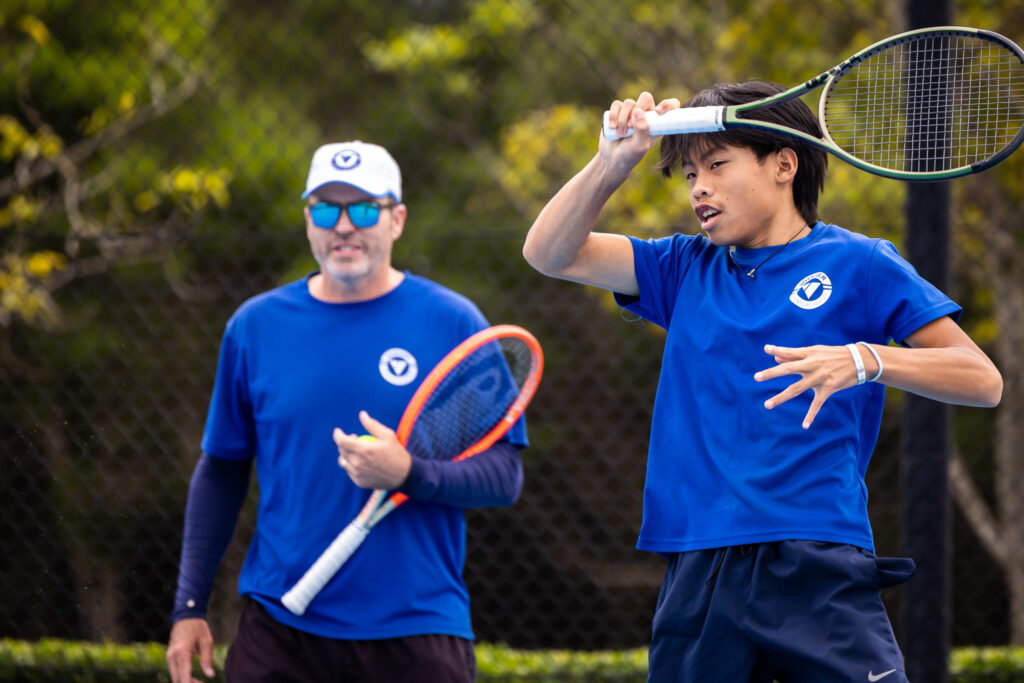
Common mistakes that parents make with private lessons
Having multiple private coaches. In almost all cases, a quality high-performance coach will provide everything that a player needs and will have a specific plan for their development. Having two or more coaches is likely to lead to mixed messages and confuse the player, which will halt their progress. One coach is a lot more cost-efficient and delivers far better long-term results than multiple coaches.
Valuing private lessons over training and competition. Private coaching for an elite player ideally makes up a small percentage of total court time. The rest should be dedicated to training and match play. Keep private coaching in perspective. The more technically sound a player gets, the less time they will need to dedicate to private lessons.
Getting too many lessons. Each private lesson should focus a player on one to three things to go away and work on in their training or match play. It is then the player’s responsibility to practise those key areas before seeing the coach again, so players need enough time between lessons to do this.
We often find that players who get lessons too frequently (multiple times in a week) take less responsibility for their game and become reliant on their coach telling them what to do. Great players take ownership of their game and need time to work things out themselves. Regular weekly or, in some cases, fortnightly lessons are optimal for junior players to effectively develop their game.
Being inconsistent. Consistency is an important aspect of progress. If you’ve booked a regular lesson for your child with a coach, make sure that you maintain your commitment. Repeatedly cancelling your child’s lessons will likely slow their progress and increase the chances of your coach giving your child’s time slot to another player who will be there every week.
On the flip side, if your coach is cancelling too often, then put them on notice or get a new coach.
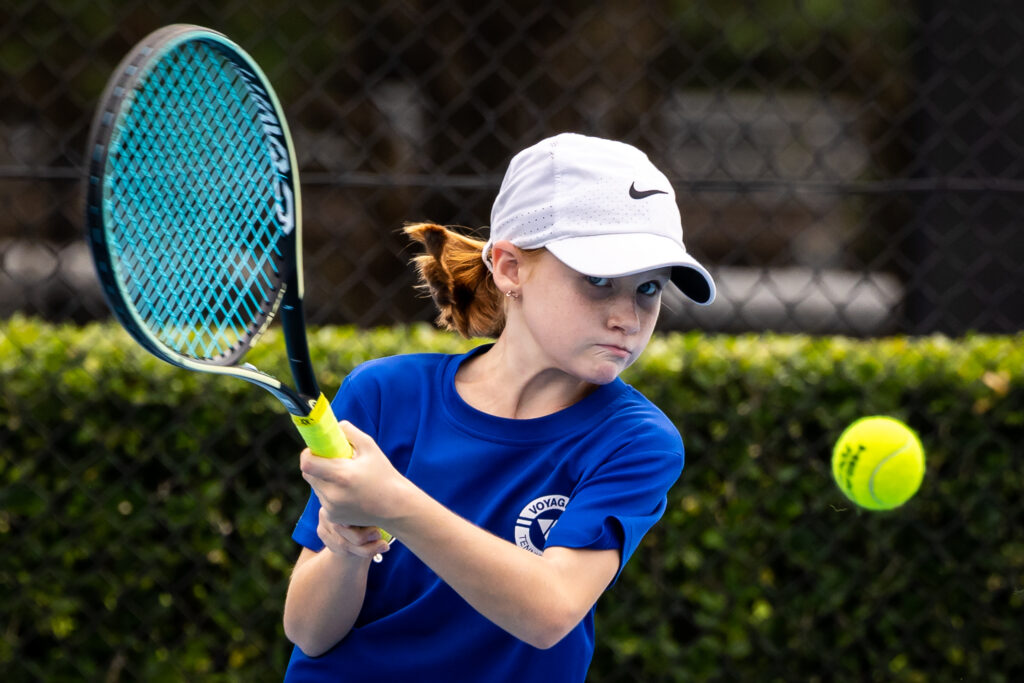
Achieving the optimal balance
To bring out a tennis player’s full potential, private coaching is one of the three parts of on-court development.
Competition. Match play will provide the ultimate feedback about how your child’s game is progressing. If they didn’t win the match, it is because their opponent did one or a number of things better than they did on the day. It’s important to acknowledge these areas and work on them.
Private lessons. This is where your child spends time one-on-one with their coach to improve the areas of their game that need the most amount of attention.
Squads. These are group training sessions with peers of a similar level where your child can work on the areas that their private coach has decided need practice and develop tactical skills, fitness, and generally get a lot of repetition of shots with intensity and purpose.
A successful development cycle works something like this:
- Your child competes in a tournament/s and receives feedback on how their game is performing under competitive match-play conditions
- They work with their private coach on the areas that need improving to help them perform better in competition
- They get lots of practice in squads to develop the specific areas that they and their private coach are working on
- They keep repeating the cycle
In summary, if your child is serious about maximising their potential it is essential to engage a private coach/mentor who can guide you through all of the aspects of the elite-player journey.
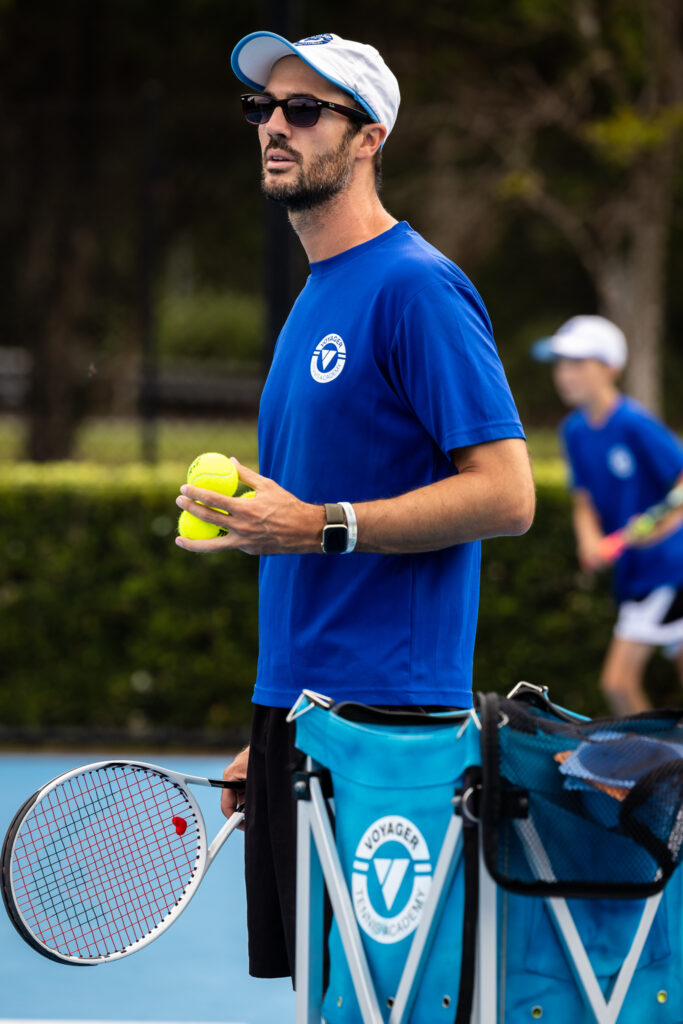
By Ryan Henry, Managing Director of Voyager Tennis and Ex-Pro Tennis Player
